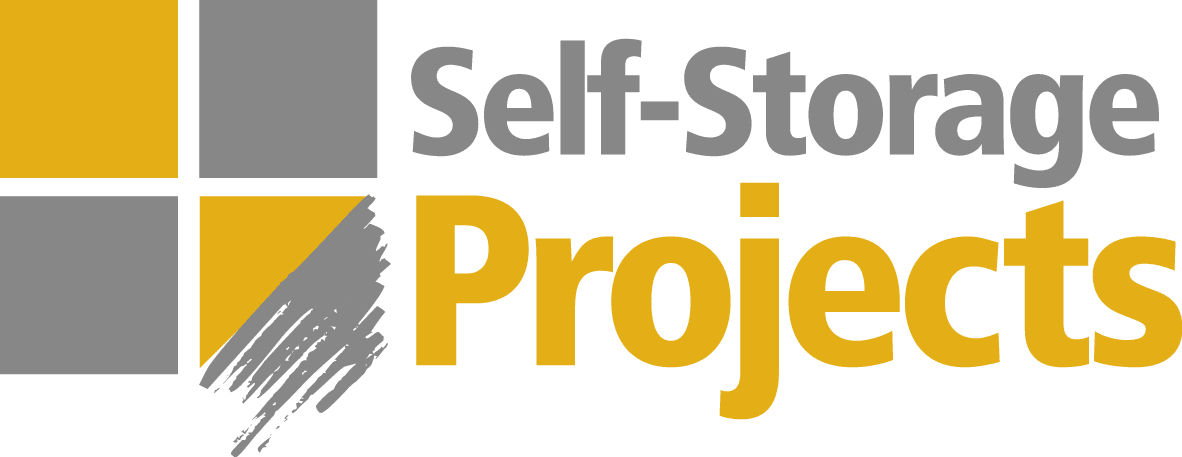Self-Storage Marketing in the Digital Age

Embracing AI, SEO, and Emerging Trends
In the dynamic landscape of the self-storage industry, marketing strategies are continually evolving to meet changing consumer behaviors and technological advancements. This evolution has seen a shift from traditional advertising channels to digital platforms, and now, the integration of artificial intelligence (AI) is poised to redefine how facilities attract and retain customers.
The Decline of Traditional Marketing Channels
For decades, self-storage operators relied on traditional marketing methods such as print advertisements, direct mail campaigns, and directory listings to attract customers. These channels were effective when consumers relied on physical resources to discover local businesses, but with the widespread adoption of the internet, their relevance has dwindled.
Print advertisements in newspapers and magazines have lost much of their audience to online publications and digital news consumption. The cost of radio and TV commercials remains high compared to the precision of digital targeting. Even Yellow Pages and printed business directories, once the go-to source for self-storage searches, have become virtually obsolete, with most people now searching for services online.
However, not all traditional methods have lost their value. Billboards remain effective in high-traffic areas, offering continuous brand exposure. Sponsoring community events and charities fosters goodwill and trust, positioning a facility as a familiar and reliable presence in the neighborhood. Direct mail, though significantly reduced in use, can still be effective when targeted carefully, such as sending promotions to newly relocated residents.
The Digital Transformation of Self-Storage Marketing
Digital marketing is now the dominant force in self-storage promotion. As consumer habits shift, online search and digital engagement have become the primary means of discovering and selecting a self-storage facility.
According to the CBRE and FEDESSA 2024 industry report, the percentage of initial enquiries received through company websites has increased from 64% in 2023 to 67% this year, underscoring the critical importance of a strong digital presence. Google remains the leading search engine, and facilities that invest in search engine optimization (SEO) and pay-per-click (PPC) advertising enjoy higher visibility when potential customers look for storage solutions. Having a well-optimized Google My Business profile ensures a facility appears in local search results and on Google Maps, further increasing its chances of attracting renters. Equally important is leveraging Google Maps effectively to ensure that facilities get ranked properly and listed at the top, which requires maintaining accurate information, collecting positive reviews, and optimizing for local search algorithms.
Social media and content marketing have also emerged as essential tools for engaging customers. Platforms like Facebook, Instagram, and YouTube allow operators to showcase their facilities, provide moving tips, and share customer testimonials. Influencer marketing is an increasingly popular strategy, with studies showing that 82% of consumers trust recommendations from influencers and personal connections over traditional advertisements. Partnering with local influencers, real estate agents, and moving companies can provide authentic, trusted endorsements to potential renters.
The Role of Artificial Intelligence in Self-Storage Marketing
The integration of artificial intelligence is beginning to reshape marketing in self-storage, with AI-driven tools offering new ways to enhance customer engagement, optimize pricing, and refine advertising strategies. But beyond these immediate applications, the broader question looms—could AI-driven search engines like ChatGPT eventually replace Google as the primary way customers find self-storage facilities?
Today, when someone needs a storage unit, they typically type a query into Google, such as “self-storage near me” or “climate-controlled storage in Madrid.” The search engine then returns a list of paid advertisements, organic results, and map listings. However, AI-driven search models like ChatGPT and other conversational AI assistants may soon disrupt this process by providing direct, conversational responses without requiring users to browse multiple links.
For example, instead of sifting through Google search results, a customer could ask ChatGPT:
- “What are the best-rated self-storage facilities near me with 24/7 access?”
- “Who offers the lowest price on a 10m2 unit near me?”
- “Which self-storage operators provide climate-controlled options and moving truck rentals?”
ChatGPT and similar AI models can aggregate real-time data, pull insights from reviews, and cross-check various databases to provide a direct answer, eliminating the need for a customer to visit multiple websites to compare options. This could make AI-powered search a more efficient tool for consumers, potentially reducing Google’s dominance in local business searches.
For self-storage operators, this shift presents both challenges and opportunities. To ensure that AI-driven tools recommend their facilities over competitors, businesses must optimize their online presence for AI compatibility. This includes:
- Maintaining up-to-date and structured data: AI models pull data from various online sources, including Google My Business, customer reviews, and directory listings. Ensuring all business information is accurate, consistent, and well-documented increases the likelihood of being recommended.
- Encouraging detailed customer reviews: AI relies on customer feedback to assess reputation and service quality. Operators should actively seek reviews, particularly those that highlight unique features such as security, accessibility, and pricing.
- Utilizing conversational SEO: Unlike traditional keyword-based search optimization, AI-driven search tools prioritize natural language queries. Websites should incorporate FAQ sections and blog content that mirror how people ask questions in everyday conversations.
- Leveraging AI-powered chatbots: Implementing AI chatbots on facility websites can provide instant customer support, answer inquiries, and guide potential renters through the booking process, increasing engagement and conversion rates.
Preparing for an AI-Driven Future
As AI technology advances, businesses that proactively adapt to these changes will have a significant advantage. Rather than waiting for AI-driven search to fully replace Google, self-storage operators should begin integrating AI into their marketing strategies now. This means refining digital touchpoints, leveraging structured data, and ensuring that AI-driven assistants can access and interpret their business information accurately.
The self-storage industry is at a pivotal moment. Traditional marketing is becoming obsolete, digital marketing has taken center stage, and AI-driven search is on the horizon. By staying ahead of these trends, operators can ensure that they remain competitive in an increasingly AI-driven world.
